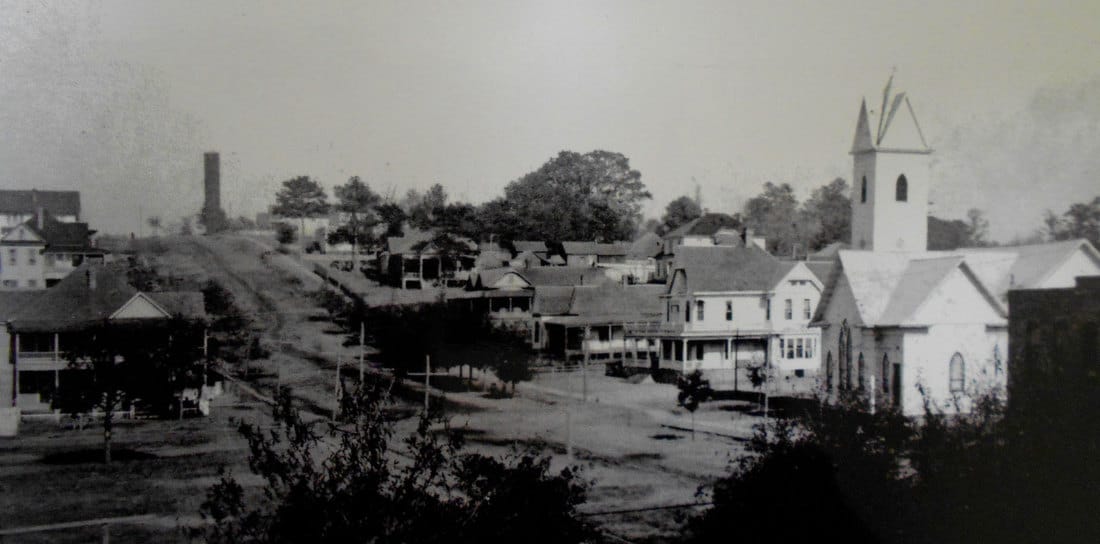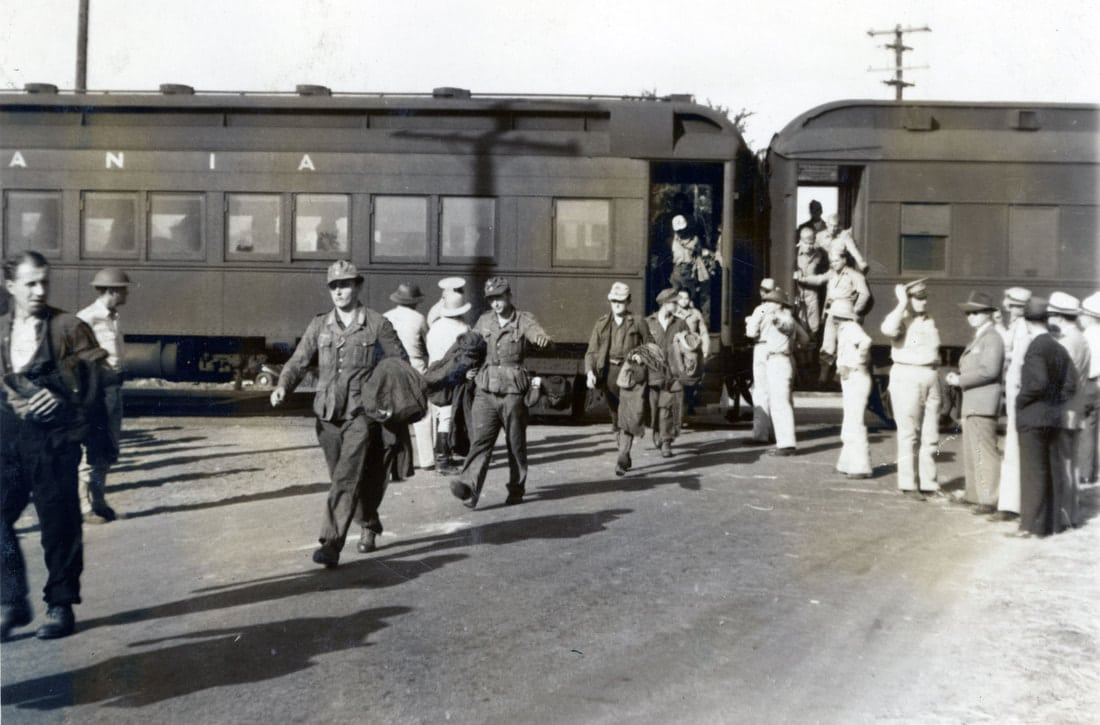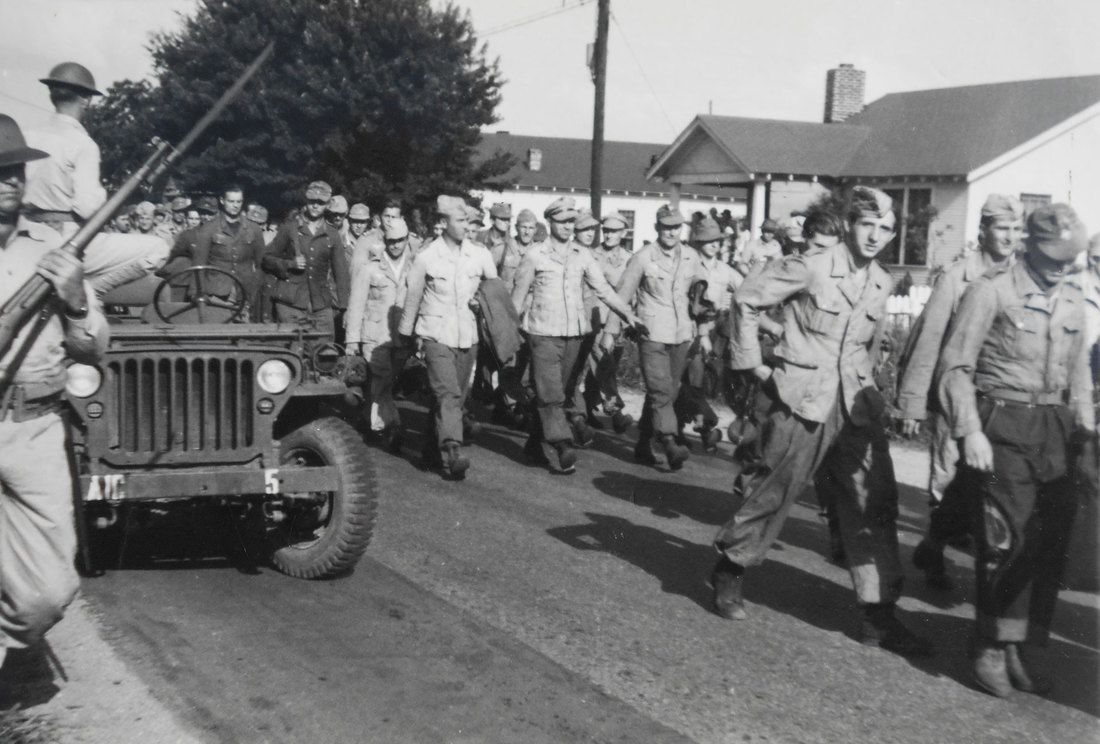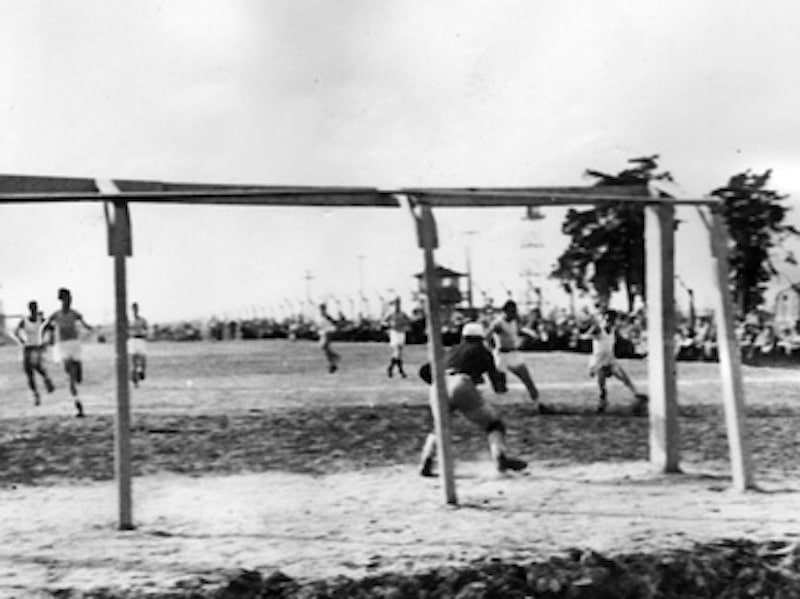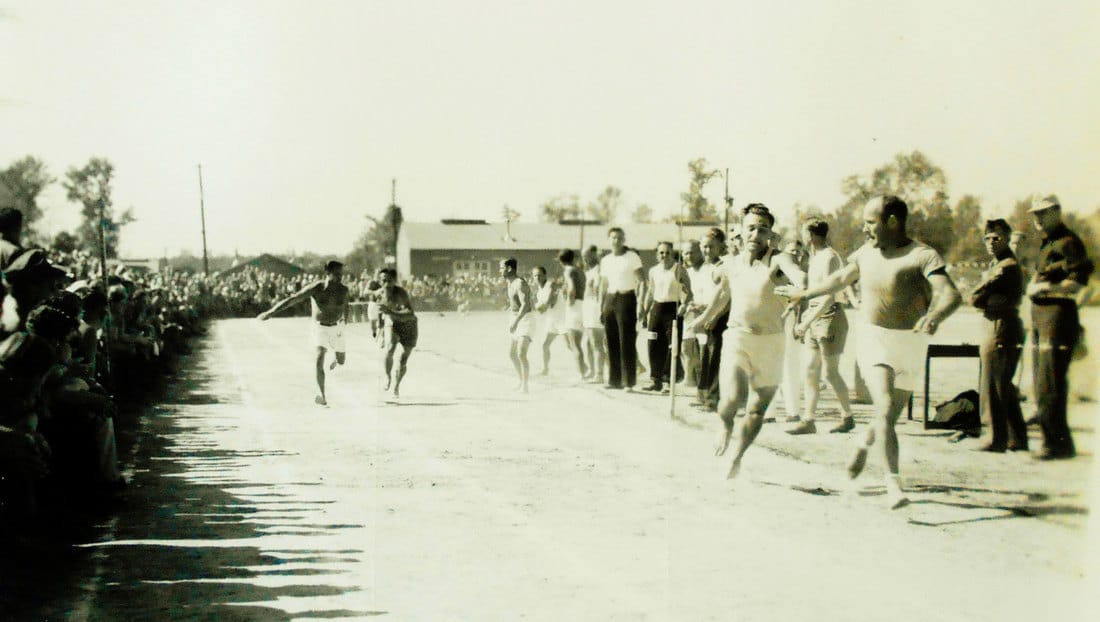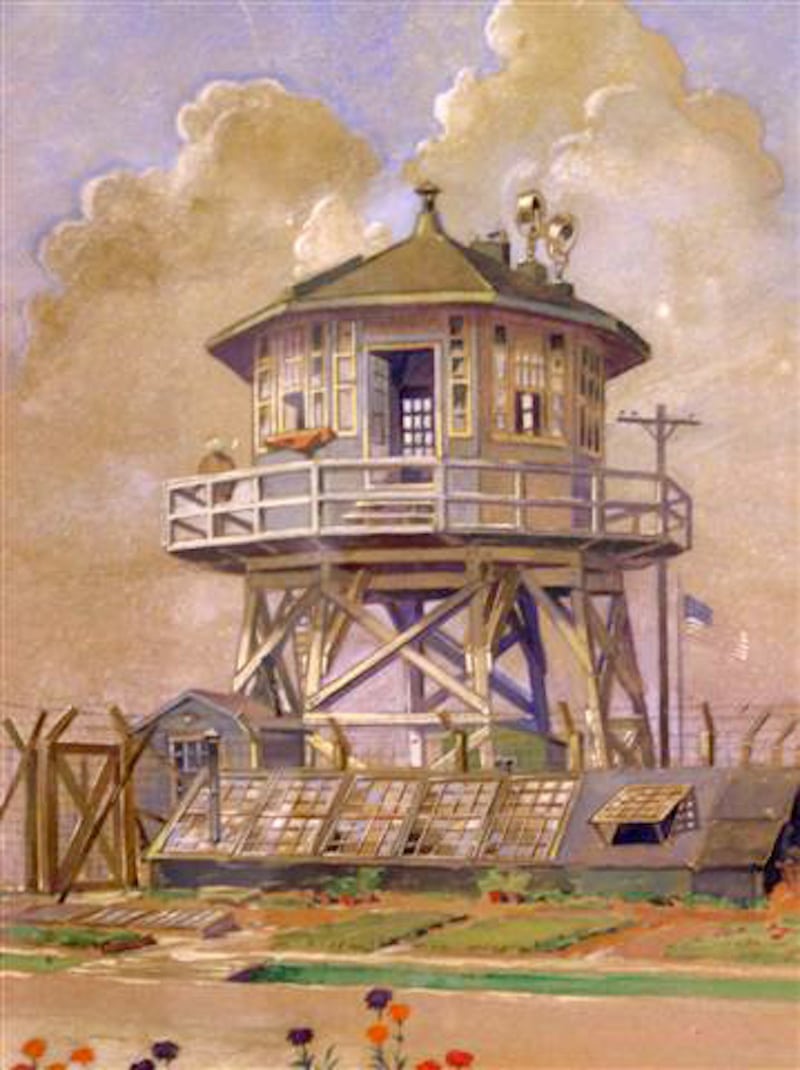If you were on the look out for Nazis, the tiny farming town of Aliceville, Alabama – population of 1,500 – is not the first place most people would think to look.
And yet, if you had shown up to Aliceville between 1943 and 1945 you would have found not just a Nazi, not just a smattering of Nazis, but you would have found around 6000 of them!
That’s because during WWII, Aliceville was home to a POW camp run by the United States Government.
During WWII there were over 500 POW camps on American soil. You could find them in every state of the union except Nevada, North Dakota, and Vermont. All told, they housed over 425,000 prisoners of war taken by the American military, most of those being Germans soldiers.

